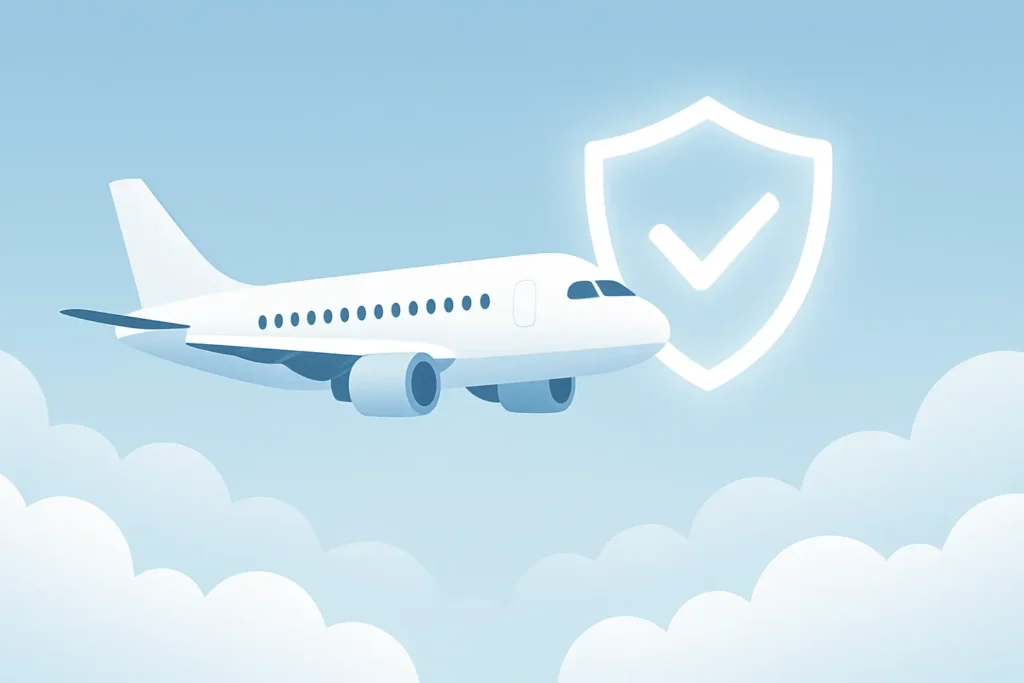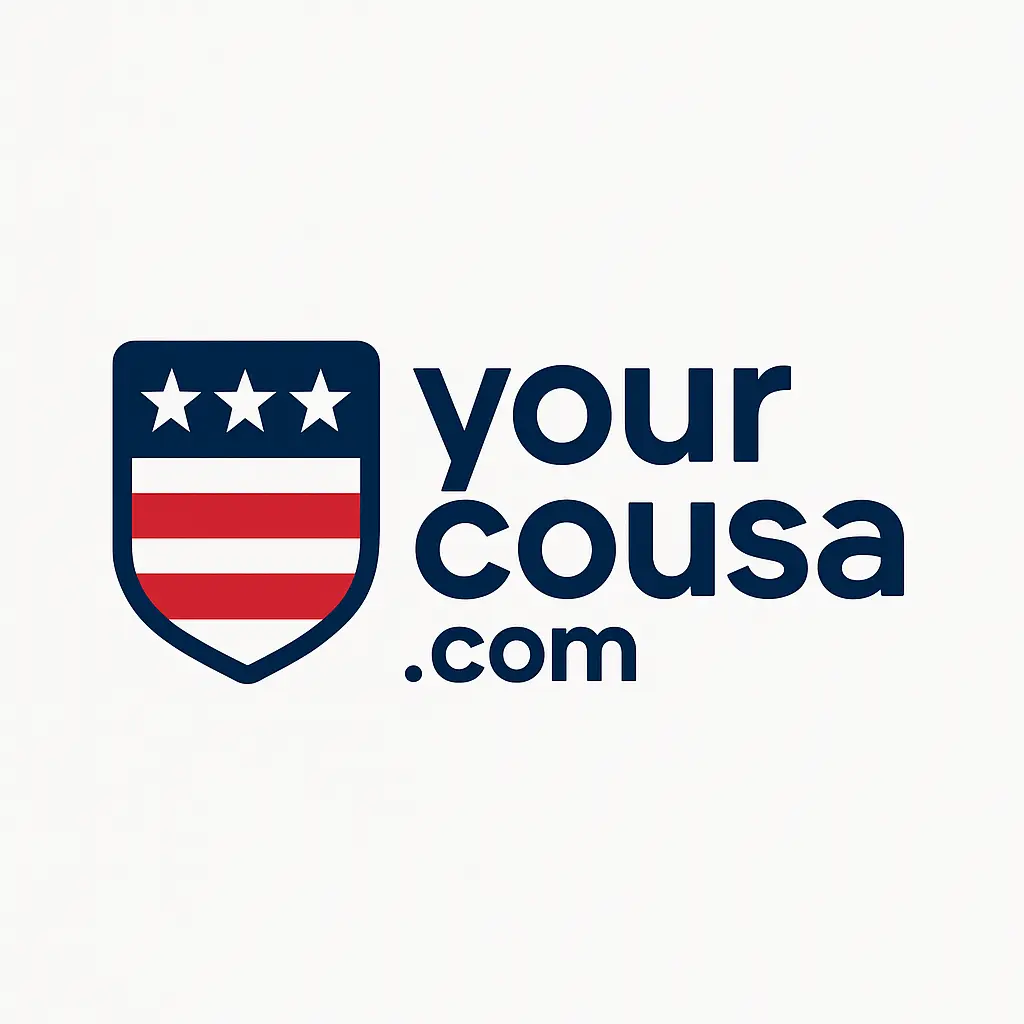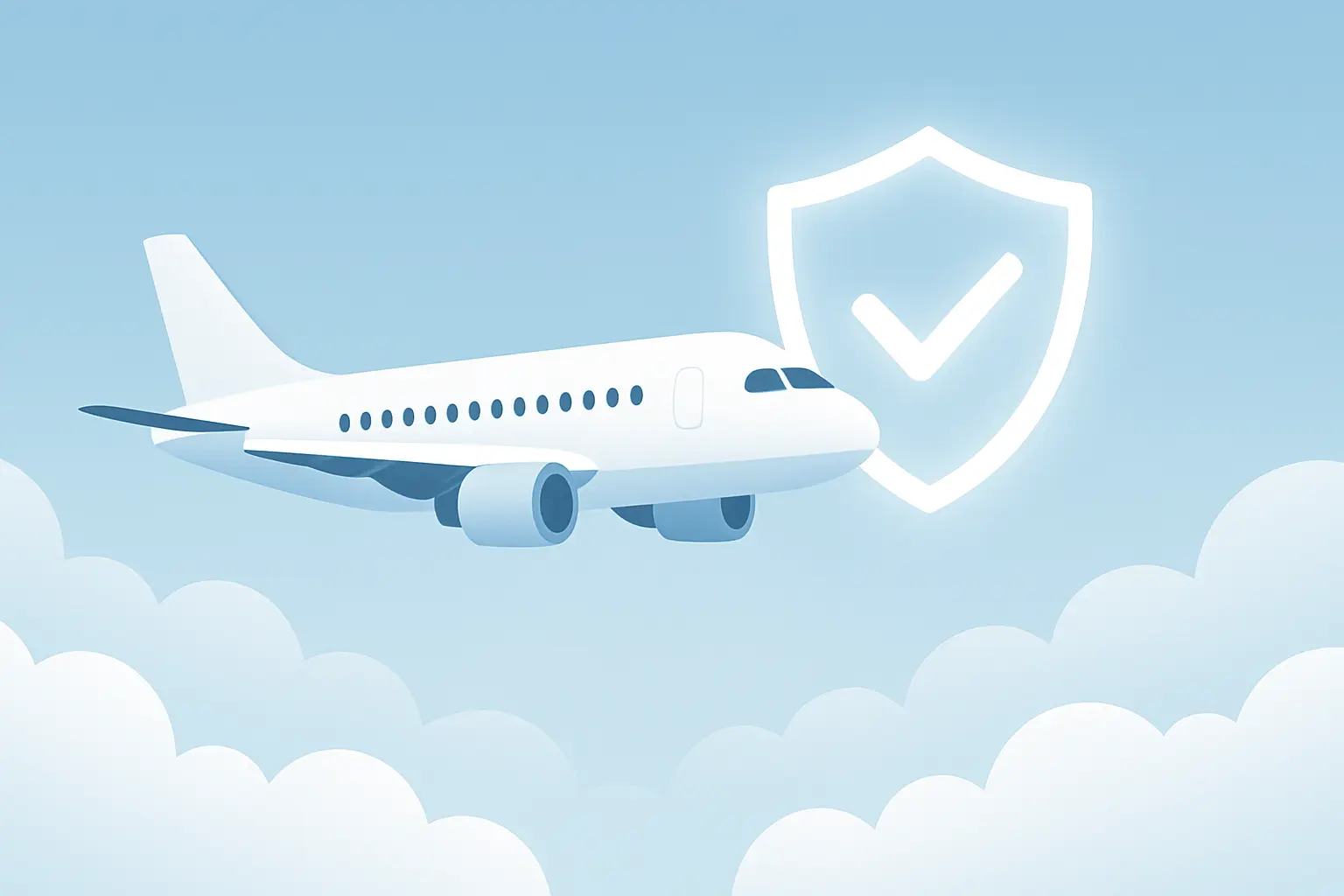Imagine this: you’ve just booked a long-awaited getaway with United Airlines. You’re excited, imagining beaches, city lights, or maybe a family reunion you’ve been dreaming about. Then, suddenly, life interrupts. Maybe a last-minute illness forces you to cancel, or your suitcase gets lost halfway around the world. In moments like these, you wonder if that little box you skipped at checkout—United Airlines travel insurance—would have made all the difference.
Travel isn’t just about flights and hotels; it’s about peace of mind. And while airlines offer their own insurance add-ons, it’s not always clear what’s included, what’s missing, and whether you’re getting the best deal. That’s exactly what we’re going to uncover together. By the time you finish this guide, you’ll know what United Airlines travel insurance really covers, when it makes sense to buy it, and the smarter alternatives that might save you money while giving you better protection.

Table of Contents
What Is United Airlines Travel Insurance?
When you book a flight with United Airlines, you’ll often see an option to add insurance before finalizing your ticket. This isn’t a product created by United directly; instead, it’s offered through their partner Allianz Global Assistance, a well-known insurance provider.
Here’s what that means for you:
- You’re not actually buying coverage from United Airlines; you’re buying it from Allianz.
- The policy is tied to your trip with United, and the offer appears right at checkout.
- It’s optional—you can decline and still fly without any issue.
Think of it as a convenient add-on, similar to upgrading your seat or adding a checked bag. But unlike extra legroom, this add-on can be the safety net that saves you from losing thousands of dollars when things don’t go according to plan.
What Does United Airlines Travel Insurance Cover?
To really understand the value of this policy, you need to break down the protections it offers. Coverage is generally straightforward but limited compared to what you can find elsewhere.
Here’s a simplified breakdown of the core benefits:
| Coverage Type | What It Means for You | Typical Coverage Limits |
|---|---|---|
| Trip Cancellation & Interruption | Reimburses prepaid, non-refundable expenses if you cancel or cut your trip short for a covered reason. | Up to total trip cost (within limits) |
| Emergency Medical Coverage | Helps with medical bills if you get sick or injured while traveling. Often secondary coverage. | Around $10,000–$50,000 |
| Baggage Loss, Delay, or Damage | Provides compensation for lost, delayed, or damaged bags. | $500–$1,000 per person |
| Travel Delay Protection | Covers meals, lodging, or essentials if your trip is delayed. | $100–$200 per day |
| 24/7 Travel Assistance | Access to hotlines that help with emergencies like hospital referrals or lost passports. | Included service |
Trip Cancellation & Interruption
This is one of the biggest reasons travelers consider insurance. Imagine you’ve booked a $3,000 family vacation, and suddenly a medical emergency forces you to cancel. Without insurance, that money could vanish. With United’s policy, you can get reimbursed—but only if the cancellation falls under a “covered reason”, like illness, injury, or severe weather.
Emergency Medical Coverage
If you’re traveling internationally, your health insurance from home may not protect you abroad. United’s travel insurance steps in, but the limits can be modest. While $10,000 may sound like a lot, a hospital stay in Europe or Asia could cost far more. That’s why many travelers choose higher-coverage policies elsewhere.
Baggage Loss, Delay, or Damage
Few things are as frustrating as arriving at your destination without your luggage. United’s plan gives you a daily allowance for essentials during delays and compensation for lost or damaged bags. Just know the maximum payout is capped, so designer items or electronics may not be fully covered.
Travel Delay Protection
If a storm grounds your flight for 12 hours, this benefit covers meals, a hotel, and sometimes even toiletries. It doesn’t eliminate the stress, but it does ease the financial blow.
24/7 Travel Assistance
Think of this as a built-in travel help desk. You can call for medical referrals, legal advice, or even translation services in emergencies. While it’s not cash in hand, it can be invaluable in unfamiliar places.
What United Airlines Travel Insurance Does NOT Cover
Here’s where you need to pay close attention. Every travel insurance policy has exclusions, and United’s is no exception. If you assume “everything” is covered, you may face a rude awakening when your claim is denied.
Some common exclusions include:
- Pre-existing conditions (unless specifically covered).
- Pandemics or epidemics (COVID-19 may or may not be covered depending on the policy version).
- Adventure or extreme sports like skiing, scuba diving, or mountain climbing.
- Travel changes for personal reasons, like simply deciding not to go.
- Pregnancy or childbirth-related cancellations in most cases.
This is why it’s crucial to read the fine print. Policies can vary based on your destination, the ticket you purchased, and the date of coverage.
Is United Airlines Travel Insurance Worth It?
When you’re staring at that little checkbox during checkout, it’s tempting to say “yes” just for peace of mind. But before you commit, it’s smart to weigh the pros and cons.
Pros of Buying United Airlines Travel Insurance
- Convenience: You don’t have to research policies or shop around—it’s offered right when you buy your ticket.
- Trusted Provider: Allianz Global Assistance is one of the biggest names in travel insurance.
- Basic Peace of Mind: For travelers who just want simple coverage without comparing dozens of options, this is a quick solution.
Cons of Buying United Airlines Travel Insurance
- Limited Coverage: The coverage caps are modest. A serious medical emergency abroad could exceed them quickly.
- Higher Cost: Compared to third-party insurers, you may pay more for less coverage.
- Lack of Flexibility: You can’t customize the policy to your personal needs.
Think of United’s plan as a starter option. It gives you a baseline level of protection, but if you want robust coverage, you’ll likely do better elsewhere.
Smarter Alternatives to United Airlines Travel Insurance
If you want stronger protection or more value for your money, here are options you should explore.
Third-Party Travel Insurance Providers
Companies like World Nomads, Travel Guard, and even Allianz (directly) often provide more comprehensive plans. Unlike United’s fixed policy, you can adjust coverage levels to fit your trip’s cost, your health needs, and your destination.
Benefits of third-party policies:
- Higher medical coverage limits (often $100,000+).
- Customizable add-ons like rental car insurance, adventure sports coverage, or Cancel for Any Reason (CFAR) upgrades.
- Competitive pricing compared to airline-offered policies.
Credit Card Travel Insurance
Did you know many travel credit cards already include insurance perks? If you pay for your flight with a premium card, you might get:
- Trip cancellation and interruption coverage.
- Lost baggage reimbursement.
- Rental car collision damage waiver.
- Emergency assistance hotlines.
This coverage isn’t as customizable as third-party insurance, but if you already have it, it could save you from buying duplicate protection.
Annual Multi-Trip Travel Insurance Plans
If you travel frequently, an annual plan might be your best bet. Instead of buying insurance every time you fly, you get a year’s worth of coverage under one policy.
Great for:
- Business travelers.
- Digital nomads.
- Frequent flyers who book multiple trips per year.
Comparison Table: United vs Alternatives
| Feature | United Airlines Travel Insurance | Third-Party Policy | Credit Card Coverage |
|---|---|---|---|
| Cost | Higher (4–8% of trip) | Competitive | Included (if card used) |
| Coverage | Basic, capped | Comprehensive | Varies by card |
| Flexibility | Low | High | Limited |
| Medical Limits | $10k–$50k | $100k+ | Varies by issuer |
| Best For | Travelers wanting convenience | Travelers seeking strong coverage | Frequent card users |
When You Should Consider Buying United Airlines Travel Insurance
Even with its limitations, United’s plan might make sense in specific scenarios. You may want to consider it if:
- You’re booking a high-cost, non-refundable trip and want basic protection.
- You don’t already have a credit card that includes travel insurance.
- You don’t have time to compare policies from third-party providers.
- You’re traveling domestically, where medical coverage is less critical, but baggage and trip delays could still impact you.
In other words: if you want quick, hassle-free coverage, United’s option can work. But if your trip involves international travel or large expenses, alternatives are usually smarter.
How to Purchase and Manage United Airlines Travel Insurance
Buying the coverage is straightforward:
- During the flight booking process, you’ll see an option to add travel insurance.
- Click the checkbox, review the details, and add it to your cart.
- Once purchased, you’ll receive a policy confirmation from Allianz.
If you need to file a claim, here’s what to do:
- Keep receipts and documentation for any expenses you want reimbursed.
- File online or call Allianz directly.
- Claims usually require proof, such as doctor’s notes, delay reports, or airline receipts.
It’s not as fun as packing your bags, but staying organized makes the claims process smoother.
Conclusion:
At the end of the day, travel insurance is about protecting your investment and your peace of mind. United Airlines travel insurance gives you basic coverage for cancellations, delays, baggage issues, and emergencies. It’s easy to buy, backed by Allianz, and works well if you want a quick, no-fuss solution.
But here’s the truth: it’s not always the best value. If you’re traveling abroad, carrying expensive gear, or booking a trip that stretches your budget, you’ll likely find better protection through third-party providers or credit card benefits.
FAQ : about United Airlines Travel Insurance
Is United Airlines travel insurance refundable?
Yes, but only under the “free look period”. This usually lasts about 10 days from purchase. During this time, you can cancel for a full refund, as long as you haven’t started your trip or filed a claim. After that period, the cost is non-refundable.
Can I buy United Airlines travel insurance after booking my flight?
In most cases, no. You usually need to purchase the insurance at the time of booking. If you forget, your only option may be a third-party travel insurance provider.
How much does United Airlines travel insurance cost?
On average, you’ll pay 4–8% of your total trip cost. For example, if your trip is $2,000, the insurance could cost $80–$160. Prices vary depending on trip length, destination, and traveler age.
Is United Airlines travel insurance better than third-party travel insurance?
Not necessarily. United’s plan is convenient but has lower coverage limits and fewer options. Third-party policies often provide higher medical coverage, customizable benefits, and sometimes lower prices. For international or expensive trips, a third-party policy is usually the smarter choice.








Leave a Reply